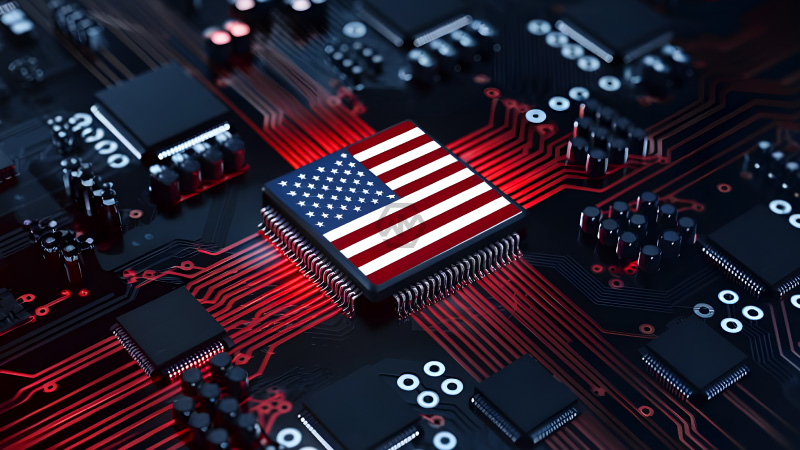- Major U.S. tech firms criticize new export controls on AI chips, citing risks to global leadership and innovation.
- Regulations impose limits on exports to key allies, disrupting cloud computing and chip markets.
- Critics argue the rules contradict the CHIPS Act’s goals and could alienate international partners.
The Biden administration’s new AI chip export rules have drawn sharp criticism from leading U.S. technology companies and industry groups. By imposing strict restrictions on advanced chip exports, particularly targeting nations like India, Israel, and Brazil, the policy aims to curb China’s access to AI technologies.
The regulations also mandate “FedRAMP High” security standards for global cloud operations, an unprecedented move that could disrupt data center services. Industry leaders warn that these changes risk undermining the CHIPS Act’s objectives of bolstering U.S. semiconductor production.
Global Competitiveness at Stake Amid U.S. AI Chip Export Controls
The new U.S. export controls on AI chips have introduced significant challenges for technology firms, sparking fears of economic and geopolitical consequences. These regulations, designed to limit China’s access to critical technology, restrict exports to several key allies, including India, Saudi Arabia, and Brazil. Critics argue that such restrictions could push these nations toward alternative suppliers, diminishing U.S. influence in the AI industry.
Industry leaders have expressed concerns over the policy’s impact on global cloud computing operations. By imposing strict “FedRAMP High” security standards on international data centers, the rules increase compliance costs for U.S. companies and disrupt global operations. Such measures may inadvertently benefit competitors who can bypass these regulatory hurdles.
The abrupt rollout of the regulations has highlighted the need for a more consultative approach. Industry associations and leading firms like Nvidia have criticized the lack of dialogue with stakeholders, suggesting that rushed policies may result in unintended consequences. These include stifling innovation, undermining the CHIPS Act’s goals, and creating opportunities for adversaries to develop alternative technologies.
Geopolitically, the policy risks alienating key allies while forcing nations to choose between the U.S. and China. This could result in fragmented supply chains and diminished cooperation, complicating efforts to maintain U.S. dominance in critical technology markets. A balanced strategy is essential to secure both national security and global leadership.
While the new AI chip export rules aim to bolster national security, their long-term implications may undermine U.S. technological leadership. A balanced and collaborative approach is vital to maintain innovation, strengthen alliances, and ensure sustained global competitiveness.
“A policy shift of this magnitude and impact is being rushed out the door days before a presidential transition.” – John Neuffer, Semiconductor Industry Association



